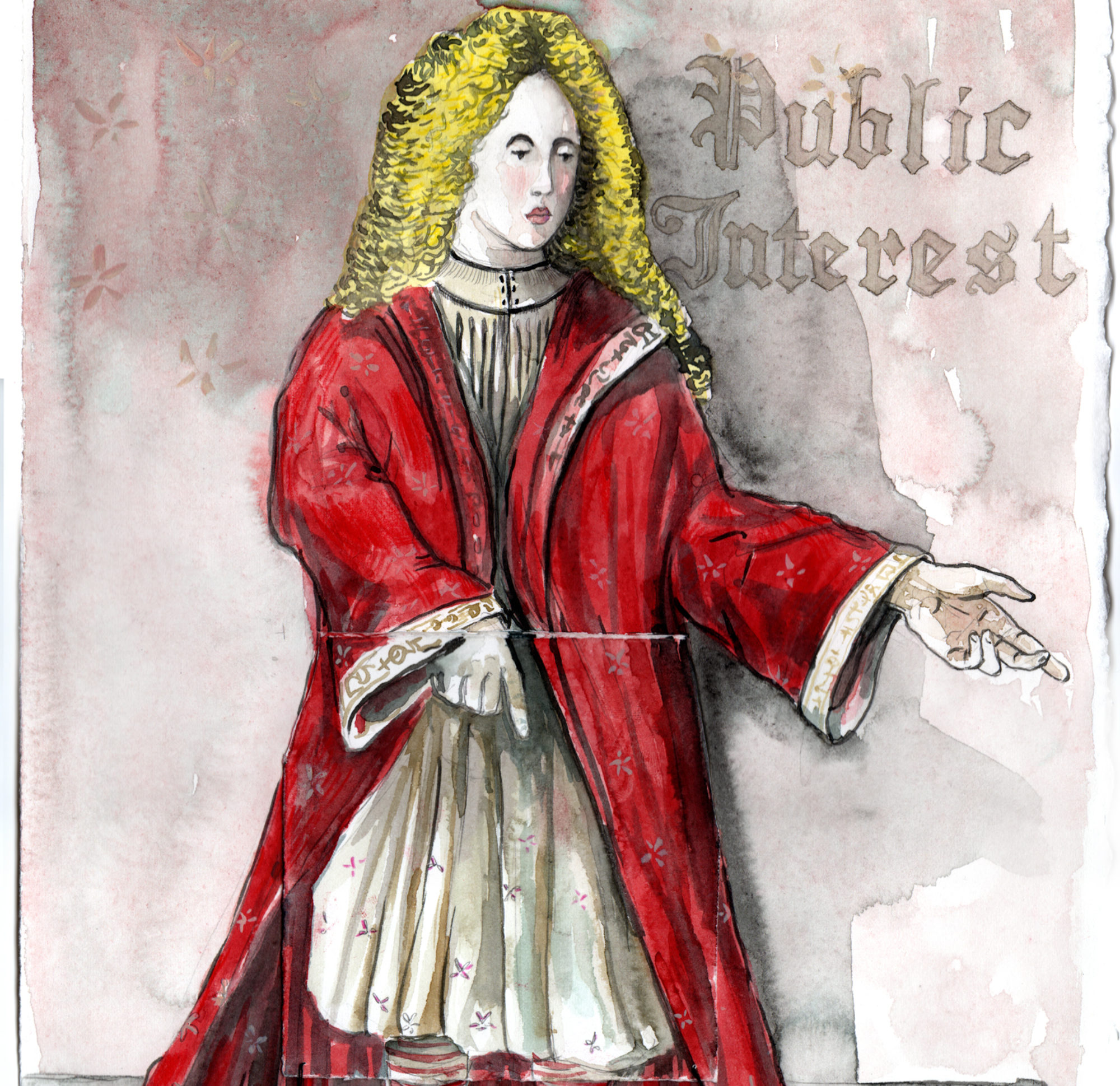On July 2nd, 2009, the Delhi High Court ruled that the law outlawing homosexual acts was discriminatory and a “violation of fundamental rights.” The ruling overturns a 148-year-old colonial law, which describes a same-sex relationship as an “unnatural offence.” The recent ruling decriminalising homosexuality in India, being touted as India’s Stonewall, is generating debate and controversy. This ruling comes at a time when there is much unrest and agitation around the notorious Proposition 81 and other lesser-known rulings around hate crimes and non-discrimination acts and marriage rights.
A piece of legislation insofar as it remains encoded in legality is not of much use. Granted, it provides recourse to law and aims to safeguard rights and protect from vulnerability those whose rights have been dispossessed. In this case, homosexuals and transgendered peoples, who have been Other-ed by the draconian laws written into existence by bigotry and privileged intolerance. Securing human rights, however, remains a process. New rulings and laws must be accompanied by social campaigns that must explain and create acceptance and understanding around new unprecedented pieces of legislation. The judicial framework even remains inaccessible to many. How can this ruling be extended beyond red tape bureaucracy and provide a real solution to the queers and non-straight-identifying people of India? Continue reading “Transformation, Emancipation”

